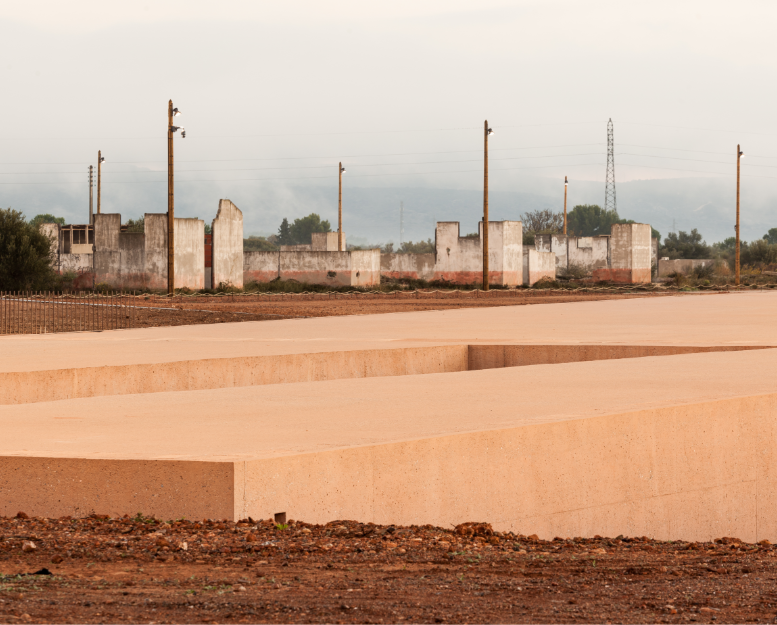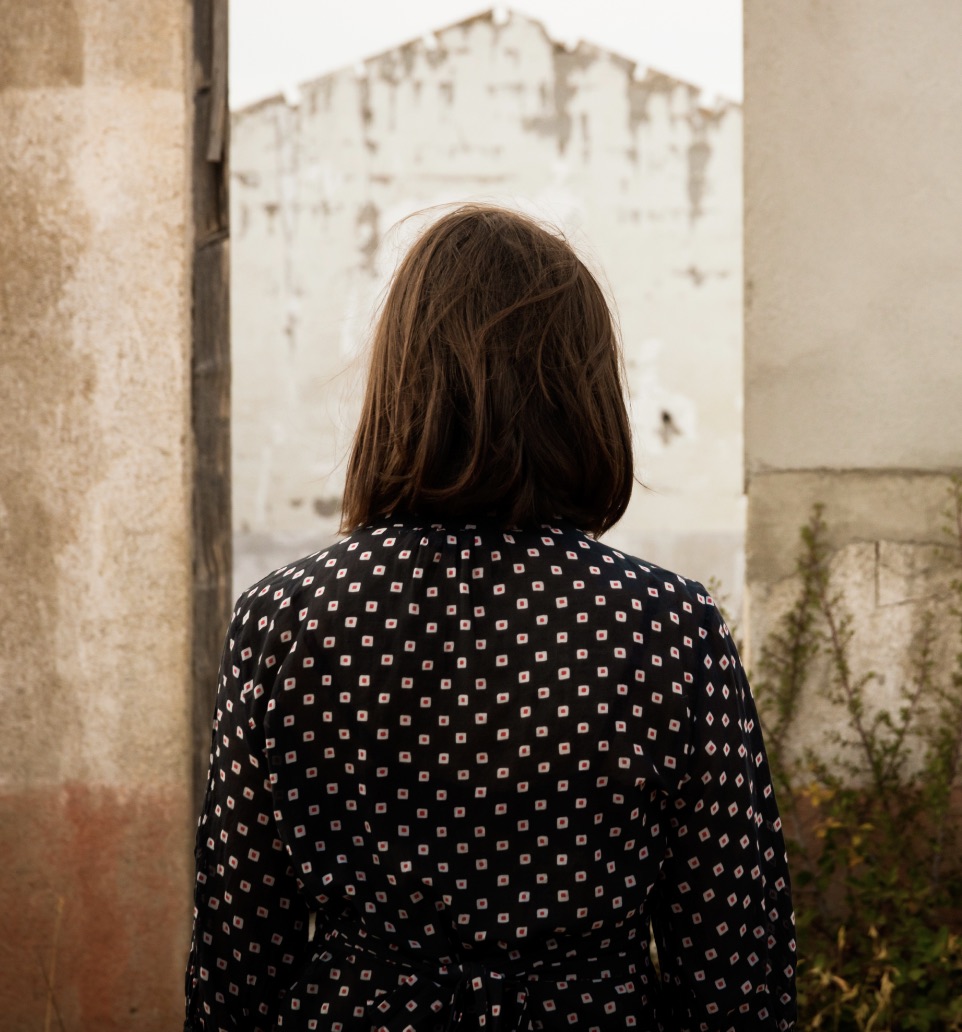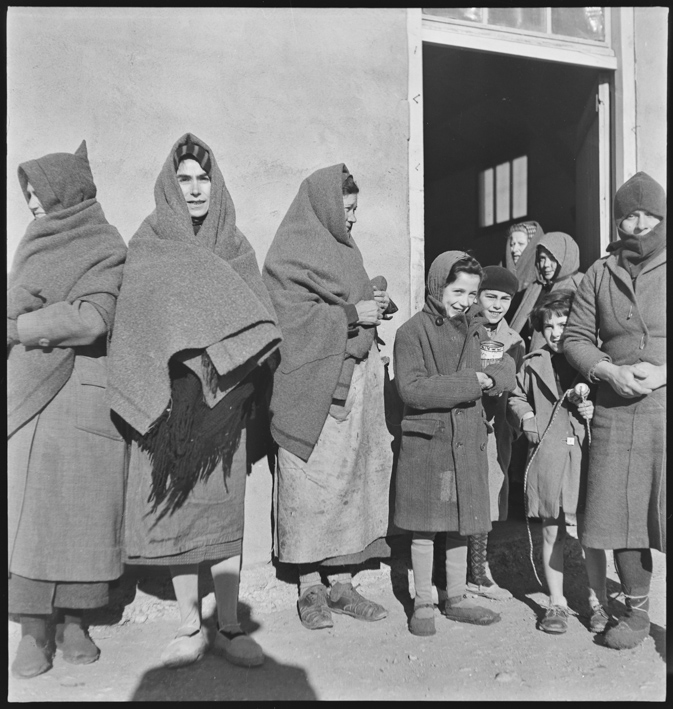
A historical site for the present
The Rivesaltes Camp Memorial is a place of history and memories, a window onto the contemporary world.
Inaugurated in late 2015, the Rivesaltes Camp Memorial was built amidst the remains of barracks that stood as silent witnesses to the fate of over 60,000 people. The mark left by these events is what makes Rivesaltes a unique site, one that attests to the major upheavals of the 20th century: the Spanish Civil War, the Second World War and the wars of decolonisation.
The Rivesaltes Camp Memorial aims to raise historical awareness through exhibitions, a scientific programme, and educational and cultural initiatives, especially targeted at a young audience. It adopts a receptive approach that uses art and culture to examine history and our collective memory through a different lens. Lastly, the Memorial is housed in a unique building that earned its architect, Rudy Ricciotti, the Equerre d’Argent prize.










